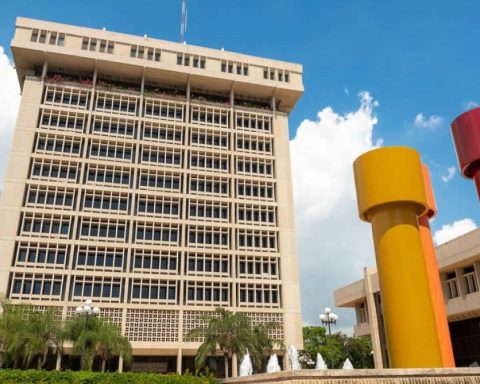Cesar Arellano Garcia
The newspaper La Jornada
Monday, August 5, 2024, p. 19
Between 1995 and 2023, a dozen commercial airlines ceased to operate in Mexico for different reasons. On average, a major airline disappeared every 2.9 years. The most recent was Aeromar, which announced its cessation of operations in February 2023, after 35 years.
In May of this year, airport authorities announced that the company owed 750 million pesos and had unspecified debts with the Treasury, as well as with the union of pilots and flight attendants, the National Housing Fund Institute for Workers (Infonavit), Social Security, ASA (Airports and Auxiliary Services), and fuel debts, despite which it continued to fly. It is currently in bankruptcy so that the few assets that remain can be handed over to the unions.
Servicios Aéreos Rutas Oriente (Saro) suspended operations in 1995. It was an airline based in Monterrey. According to a website, it was founded in 1991 and was one of the first low-cost airlines in Mexico and America. It operated scheduled and charter flights to Mexico City.
Taesa, debts and a plane crash
Taesa (Transportes Aéreos Ejecutivos, SA) suspended operations in February 2000. At that time it had accumulated debts of 120 million dollars with various creditors, including the Ministry of Finance, IMSS and ASA.
On November 9, 1999, an aircraft belonging to this company crashed near Uruapan, Michoacán, and weeks after the accident, the then Ministry of Communications and Transportation (SCT) ordered the temporary suspension of operations and later the definitive one due to its financial situation.
Líneas Aéreas Azteca stopped flying in March 2007, replacing Taesa and starting flights with 17 aircraft. That year, the SCT decided to suspend the company’s operations due to serious
administrative, financial and technical problems, as well as omissions and disorganization in maintenance procedures and personnel training that, they estimated at that time, could end up putting passenger safety at risk.
Financial insolvency
Aerocalifornia was grounded in July 2008; authorities interrupted its takeoffs and landings due to alleged debts; according to the legal affairs department of the SCT, the airline did not present proof of payment for a total of 259 million 567 thousand pesos to the Mexican Airspace Navigation Service (Seneam) for the right to use, enjoy and benefit from national airspace.
In 2008, the SCT terminated the concession of the airline Avolar because the company was unable to demonstrate its financial solvency and could not guarantee the conditions of safety, airworthiness, efficiency and permanence in the market as required by law. That same year, Aerolíneas Mesoamericanas (Alma) ceased operations in November.
In March 2010, Aviacsa entered bankruptcy proceedings and never flew again. Before that, in 2009, it had been suspended by the SCT for insecurity and irregularities in maintenance.
The former Mexicana de Aviación was declared bankrupt in April 2014, four years after ending operations in August 2010.
In December 2020, in the midst of the crisis in the airline sector due to the Covid-19 pandemic, the only six planes that Interjet had stopped flying, due to debts of approximately 500 million dollars, which it has with the Tax Administration Service (SAT), Infonavit and IMSS, in addition to outstanding balances with the public sector.
















